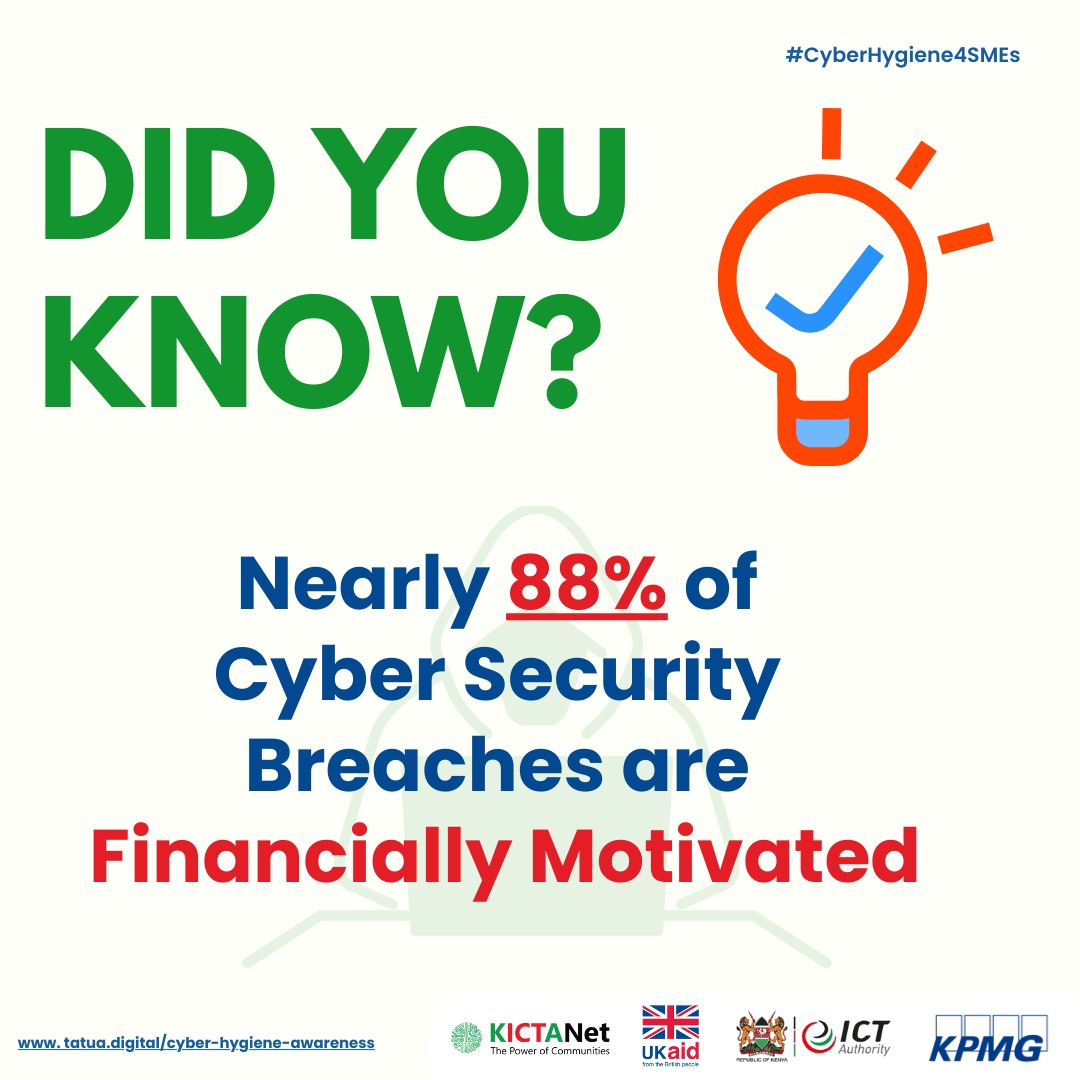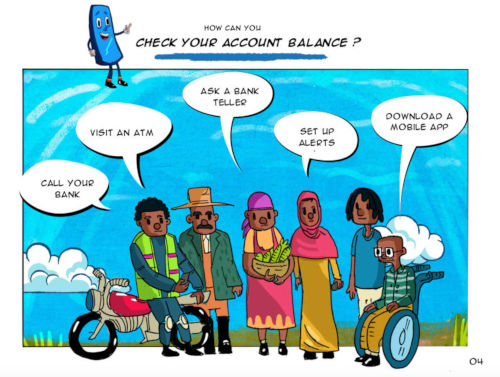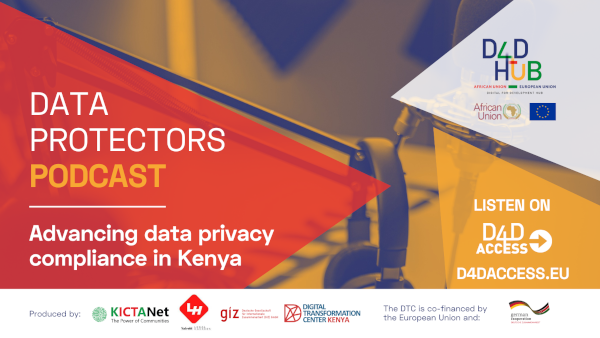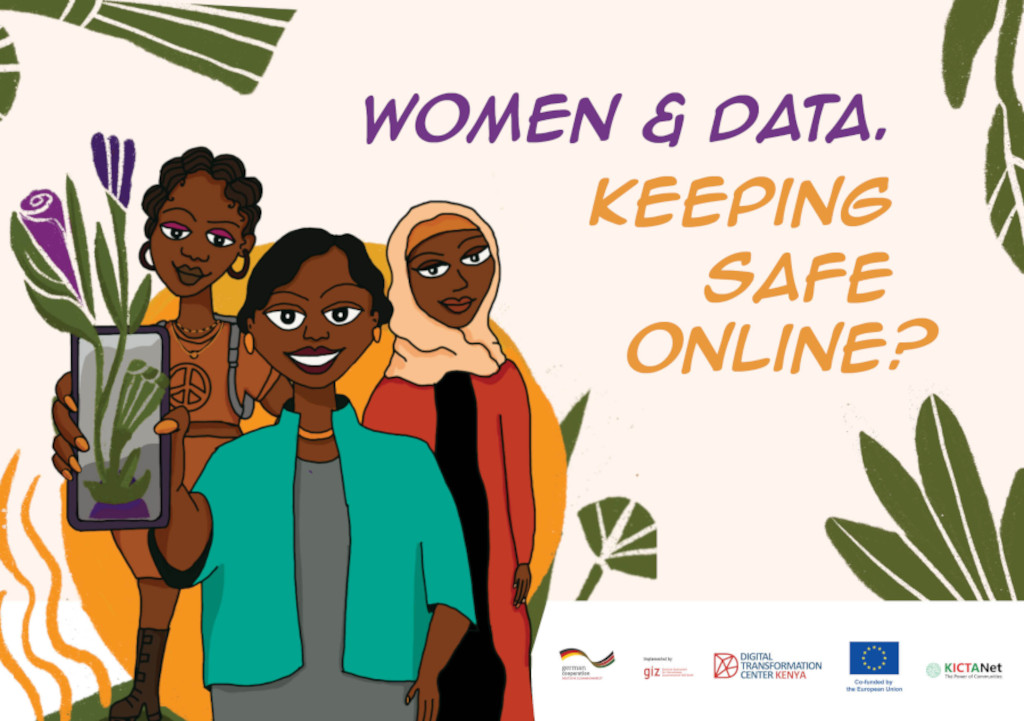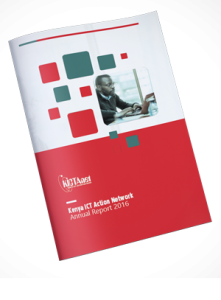KICTANET POST : Latest news, events & opportunities
Kenya IGF 2021 Summary Report
Blog by June Okal. Hybrid Forum held on 23 September 2021 The Internet Governance Forum (IGF) is an open and inclusive multi-stakeholder forum where public policy issues related to key elements of Internet governance, such as the Internet's sustainability, robustness,...
Exclusivity, Universal access, and meaningful connectivity. Is Kenya achieving it?
Kenya just concluded the Kenya Internet Governance Forum, KeIGF2021 took a dive into what it takes to achieve a united internet locally as globally and what could possibly hinder this. Themed; United Internet, the hybrid forum was hosted for the 14th time since 2008....
New voices at Kenya School of Internet Governance 2021
The Kenya School of Internet Governance (KeSIG)Â is the premier training platform to grow new voices in the internet governance space in Kenya and also serves the larger African continent. KeSIG, convened annually from 2016, is held just before the Kenya Internet...
KICTANet Unveils Report on Assessment of Public Participation in Recent ICT Policy Making Processes in Kenya
On 11th August 2021, KICTANet held a virtual meeting to disseminate a report on public participation: An Assessment of Recent ICT Policy Making Processes in Kenya. The research focus was to assess the extent to which the public participated in three recent ICT policy...
Internet United : Kenya IGF 2021
The Kenya IGF will be held a hybrid event held on 23rd September 2021 during the IGF week that takes of 20th to 23rd. The program for the 2021 IGF is still under review, and registration for the event will be opened soon. Theme: “Internet United“ The main outcome...
Call for applications for the sixth Kenya School of Internet Governance
KICTANet welcomes applications for fellows for the 6th Edition of the Kenya School of Internet Governance (KeSIG). KeSIG takes place prior to the Kenya IGF, with the aim of introducing beginners in internet governance to basic concepts in internet policymaking. This...
Unseen eyes, unheard stories: experiences of COVID-19 surveillance in Kenya and Uganda
In April 2021, ARTICLE 19 Eastern Africa, the Kenya ICT Action Network (KICTANet), and Pollicy published this report and documentaries that reviews the national legal frameworks and practices that have enabled an extraordinary surveillance environment during the first...
Withdraw proposed amendments to the Computer Misuses and Cybercrimes Act
On Wednesday 7 July, 2021, six civil society organisations sent an open letter and memorandum to expressing deep concern over the proposed amendments to the Computer Misuse and Cybercrimes Act (CMCA), 2018 through the Computer Misuse and Cybercrimes (Amendment) Bill,...
The Digital Market Economy: Influence of Governance on the Digital Ecosystem in Kenya Round Table
By Mwenda Tevin. On June 30, 2021 KICTANET together with Konrad Adenauer Stiftung (KAS) held a policy roundtable with Policy Makers and ICT Practitioners to discuss the theme: The Digital Market Economy: Influence of Governance on the Digital Ecosystem in Kenya. The...
KICTANet is a multi-stakeholder Think Tank for ICT policy and regulation. The Think Tank is a catalyst for reform in the Information and Communication Technology sector. Its work is guided by four pillars of Policy Advocacy, Capacity Building, Research, and Stakeholder Engagement.
KICTANet’s mission is to promote an enabling environment in the ICT sector that is robust, open, accessible, and rights-based through multistakeholder approaches.
During the 2022 – 2024 strategic period, KICTANet has prioritised the promotion of effective multistakeholder participation; an enabling legal, policy and regulatory environment; building capacities and empowered communities; and institutional strengthening. KICTANet’s guiding philosophy encourages synergies in ICT policy-related activities and initiatives. As such, the network provides mechanisms and a framework for continuing cooperation, engagement and collaboration in ICT matters among industry, technical community, academia, media, development partners, civil society and government.
_____
Strategic Priority.
- Convening power. To strengthen and promote engagement, collaboration and relationships with relevant stakeholders (state, business and non-state actors).
- Promoting an enabling environment. To catalyse policy, legislative and regulatory reforms in the ICT sector.
- Building capacities and empowered communities. To build the capacity of the stakeholders across government, business society and civil society and the citizens.
- Institutional strengthening.
The report outlines the work undertaken in between 2007 and 2016 which is underpinned by crowd sourcing and community engagement
Click here to download the report
FACTS AND FIGURES
Achievement of the Network over the Years
Publications
Thought Leadership Forums
Persons trained
Policy Interventions
Conversations in KICTANET listserv
Active listers contributing often
Different conversation threads
Impressions on ICT policy discussions
Our Pillars
KICTANet’s organisational strategy:
Policy Advocacy
Capacity building
Research
Stakeholder engagement
We facilitate stakeholder engagement through collaborative initiatives in face-to-face Town Hall meetings, and in the KICTANet?s interactive mailing list where multiple stakeholders engage regularly on ICT policy issues.


